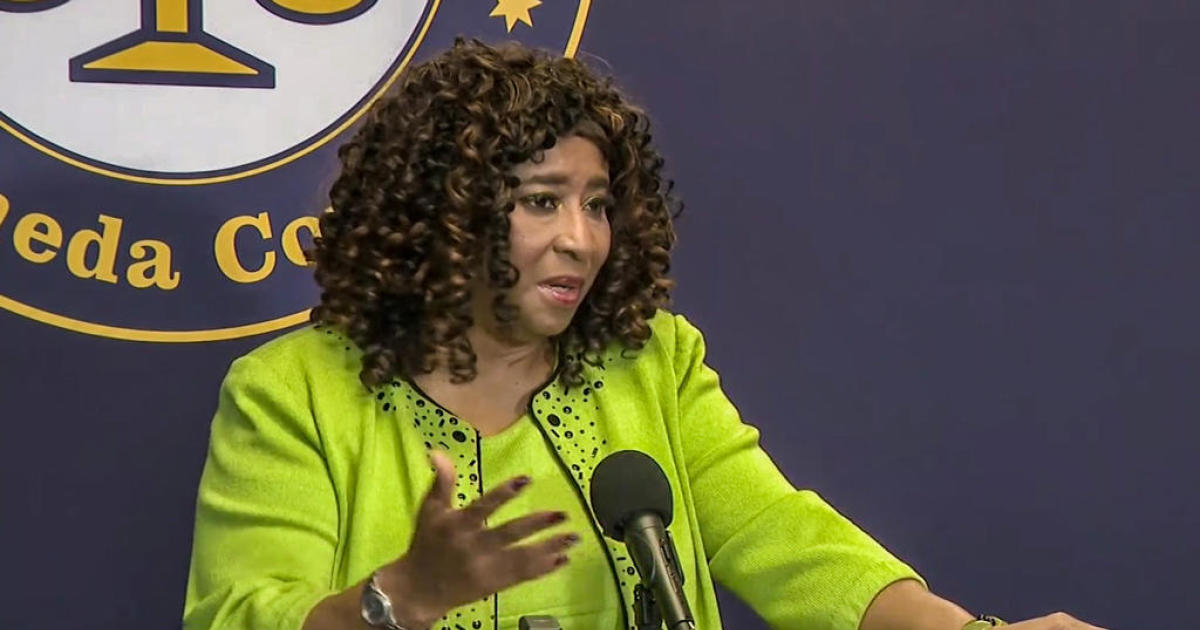East Palo Alto Police Chief Testifies About Racial Profiling Before Senate
WASHINGTON (KCBS) - Police departments around the country have not done enough to combat racial profiling in the last decade, East Palo Alto Police Chief Ronald Davis said Tuesday.
Davis drew examples of the limitations of profiling in police work from his experience as an officer in the Oakland Police Department, testifying before an overflow chamber of the Senate Judiciary Committee that profiling has flaws regardless of the group under scrutiny.
KCBS' Holly Quan Reports:
Officers patrolling an Oakland neighborhood with easy freeway access, for example, quickly noticed that many drug dealers sold to white customers, Davis said, "and so the presumption, on my part and many others, that any white person in the neighborhood would then be buying narcotics.
"The problem with that assessment? One, it attaches criminality to the entire neighborhood, so that the only way the neighborhood could be judged is based on the actions of a few," he said.
"That also suggests that the only reason why a white person would visit someone black is to buy drugs."
Enforcement became much more effective, he said, once the officers focused instead on typical drug dealing behavior such as leaning into a car, exchanging money, or yelling drug signals.
Most police departments have adopted policies against racial profiling since Davis testified at the last Senate hearing on racial profiling in 2001, and he said the absence of uniform definitions has led to uneven reform across the nation.
"Because a person looks Latino or Mexican does not mean they are undocumented, and does not mean that they should be stopped or asked for their papers," he said, noting that recent laws in Arizona and Alabama encouraged such stops.
Testimony focused on the End Racial Profiling Act of 2011, which Frank Gale of the Fraternal Order of Police testified defines racial profiling too broadly, and may ultimately harm police relations with minority communities.
Gale said the bill was "offensive" because it presumes that police departments are inherently racist.
Chief Davis challenged Gale's assertion, insisting the bill was about accountability and offering vivid personal experience.
"Even though I'm a police chief with over 27 years experience, I know that when I teach my son Glen how to drive, I must also teach him what to do when stopped by the police, a mandatory course, by the way, for young men of color in this country."
(Copyright 2012 by CBS San Francisco. All Rights Reserved. This material may not be published, broadcast, rewritten, or redistributed.)



